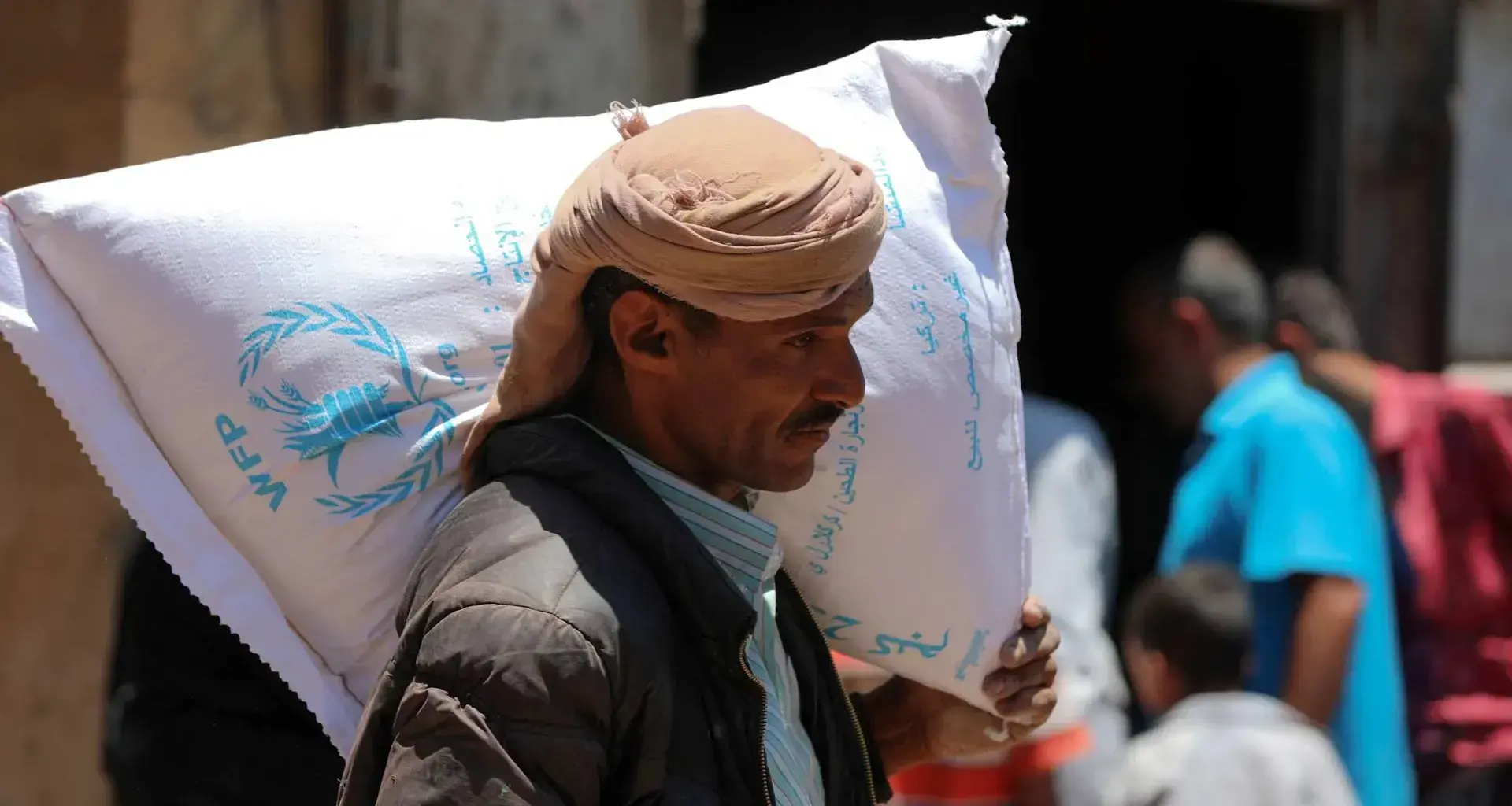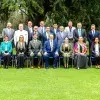Photos: AFP
Lucrecia Lozano* | Opinion | Emeritus Professor at Tec de Monterrey
The Norwegian Nobel Committee has awarded the 2020 Nobel Peace Prize to the UN World Food Programme (WFP).
As in other years, nominations for the prestigious award were abundant. However, this time, their number exceeded expectations.
318 were registered, of which 211 were individuals and 107 organizations. All of them were related to current issues and important in their commitment to promoting the values of peace, freedom, and peaceful coexistence.
A leading humanitarian organization in the fight against hunger around the world, the World Food Programme “is the first to intervene worldwide on the front line of food insecurity,” a hardship that millions of people around the world suffer from every day.
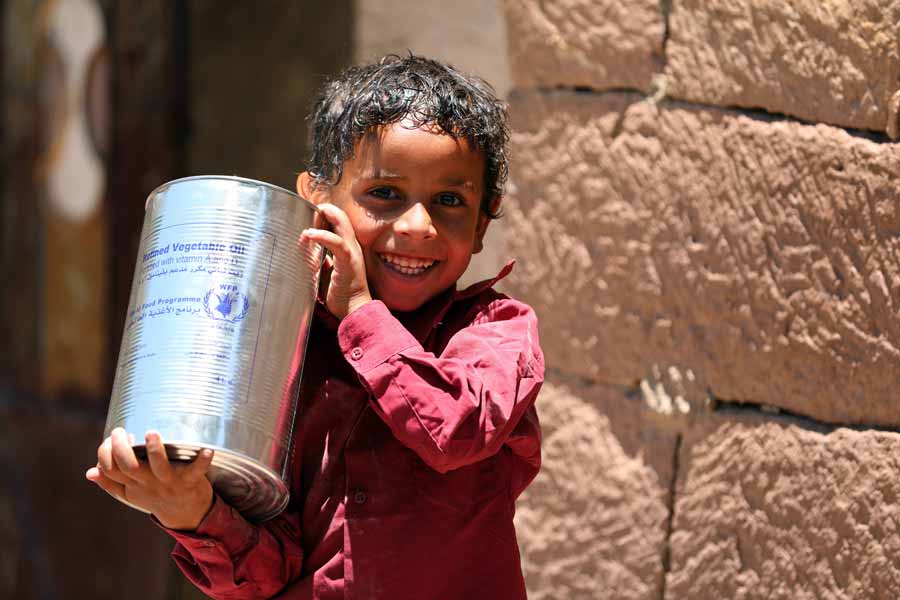
By distributing 15 billion food rations a year, which benefit more than 86 million people in 83 countries around the world, the WFP’s aim is to provide food in emergencies and work “with communities to improve nutrition and build resilience”.
Since its inception in 1961, the work of the WFP has been underpinned by the vision that food and food-related support breaks the vicious circle of hunger and poverty.
Its activity focuses on four areas: support in emergencies (such as civil conflicts, wars, droughts, natural disasters, floods, etc.); relief and rehabilitation; development aid; and special operations.
Almost two-thirds of its work takes place in war-torn countries where, according to the agency, people are three times more likely to suffer from malnutrition than in conflict-free regions.
It is important to note that, in armed conflicts, food can acquire political overtones and become a lethal weapon of war.
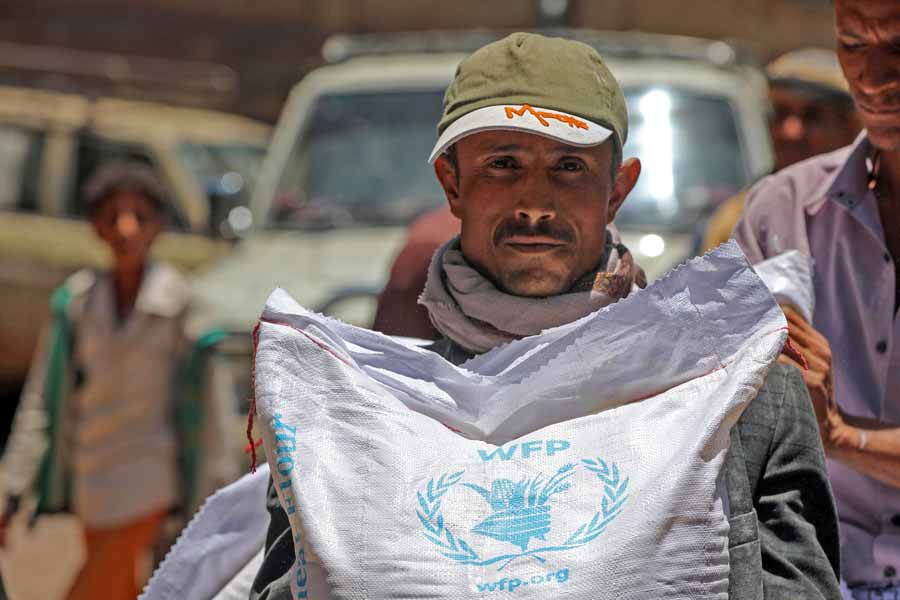
At the end of emergencies, WFP relief and rehabilitation projects help communities rebuild their lives and livelihoods, while seeking to “strengthen the resilience of individuals and communities affected by protracted crises by applying a developmental view to its humanitarian response.”
Development projects focus on nutrition, aimed primarily at mothers and children from conception to two years of age, and subsequently through school lunch projects.
The awarding of the Nobel Peace Prize to the World Food Programme took place in a landmark year for the UN, which celebrates the 75th anniversary of its founding in a world battling both the coronavirus pandemic and an emerging criticism and rejection of the multilateralism that has given identity, meaning, and direction to the work of the global organization.
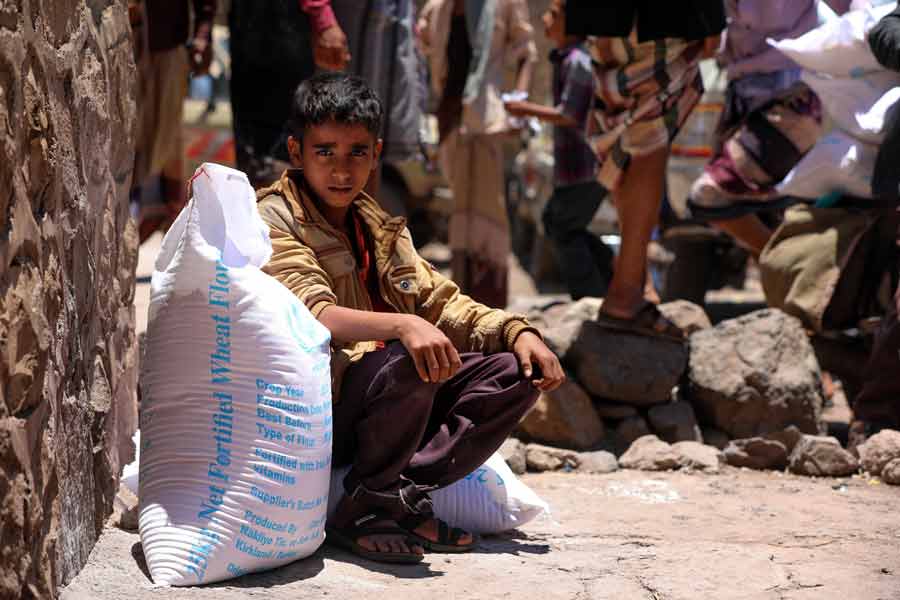
It is this which has allowed the post-war international system to flourish, based on the principle of cooperation.
As the coronavirus pandemic threatens to expose millions of people to famine due to the economic impact of the health crisis, the UN’s international institutions are being questioned about their scope, efficiency, and funding.
These organizations are the essence of multilateralism and address diverse global issues including finance, humanitarianism, development and peace, as well as health, employment, environment, education, science, culture, and childhood.
One example of the threat is President Donald Trump, whose government has withdrawn from the WHO (World Health Organization) and UNESCO (United Nations Educational, Scientific and Cultural Organization), decisions which have had a severe impact on international cooperation.
To have awarded the 2020 Nobel Peace Prize to the UN World Food Programme represents, without a doubt, a strategic recognition of the humanitarian and cooperative work of the global organization, and encouragement for the multilateralism that it represents.
* Lucrecia Lozano is an emeritus professor at Tecnológico de Monterrey. She was director of the Humanities and Social Sciences Division and director of International Relations at the Tec. She has a PhD in Sociology with an Honorable Mention from the Political and Social Sciences Graduate Studies Division of the UNAM.
She is currently working on online Education for Development programs for the School of Humanities and Education at the Tec.
YOU’LL DEFINITELY WANT TO READ THIS TOO:

